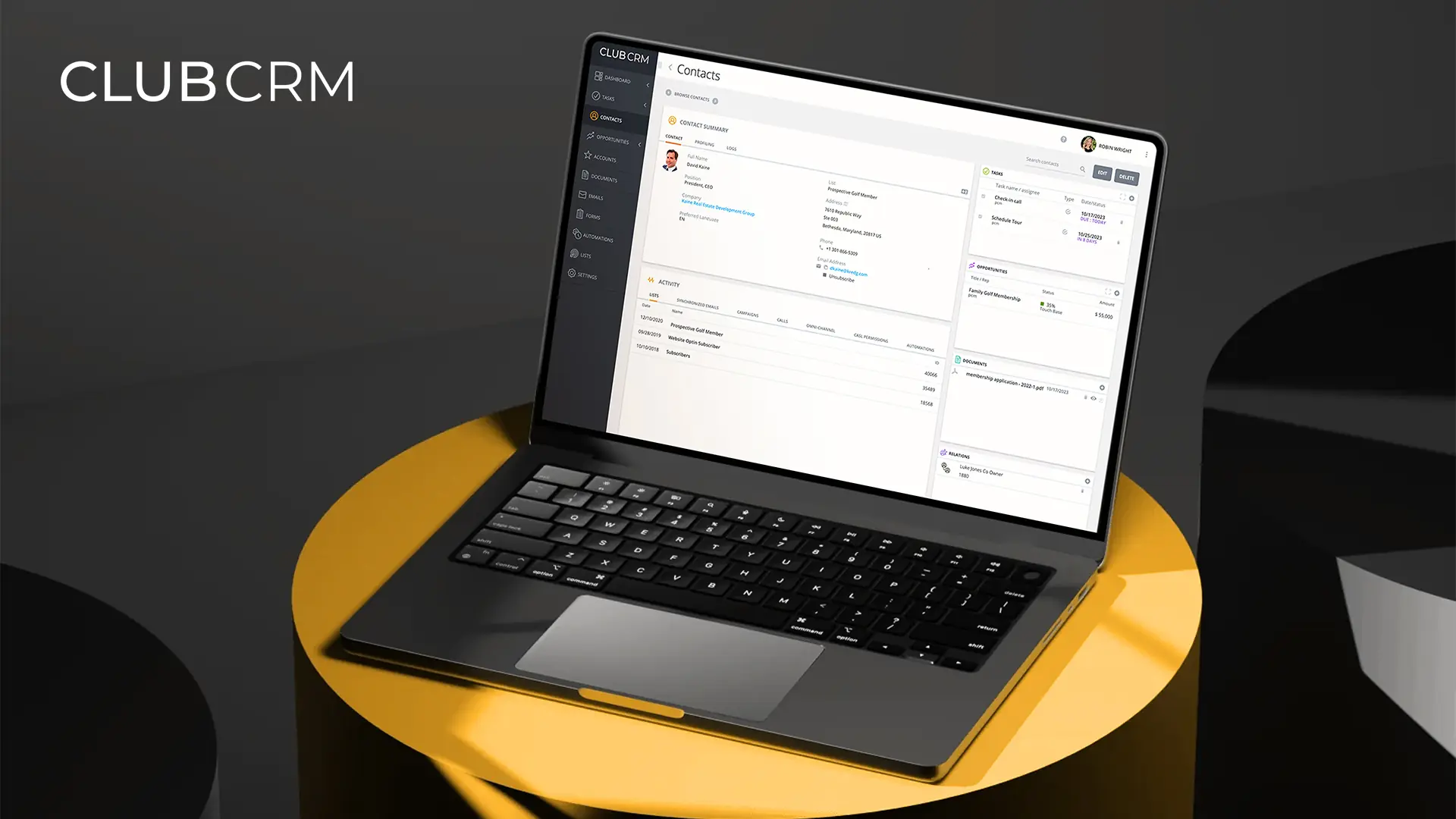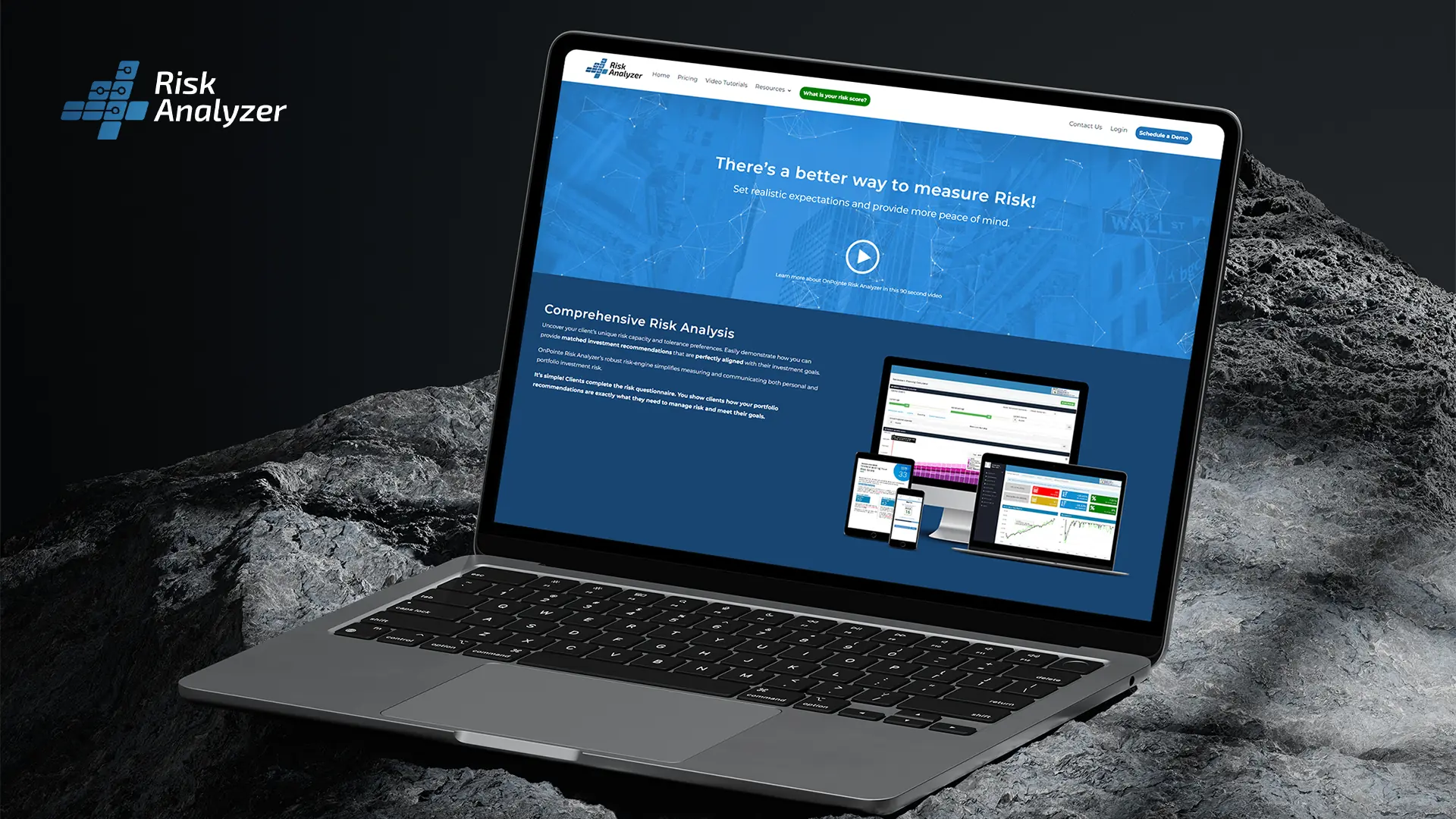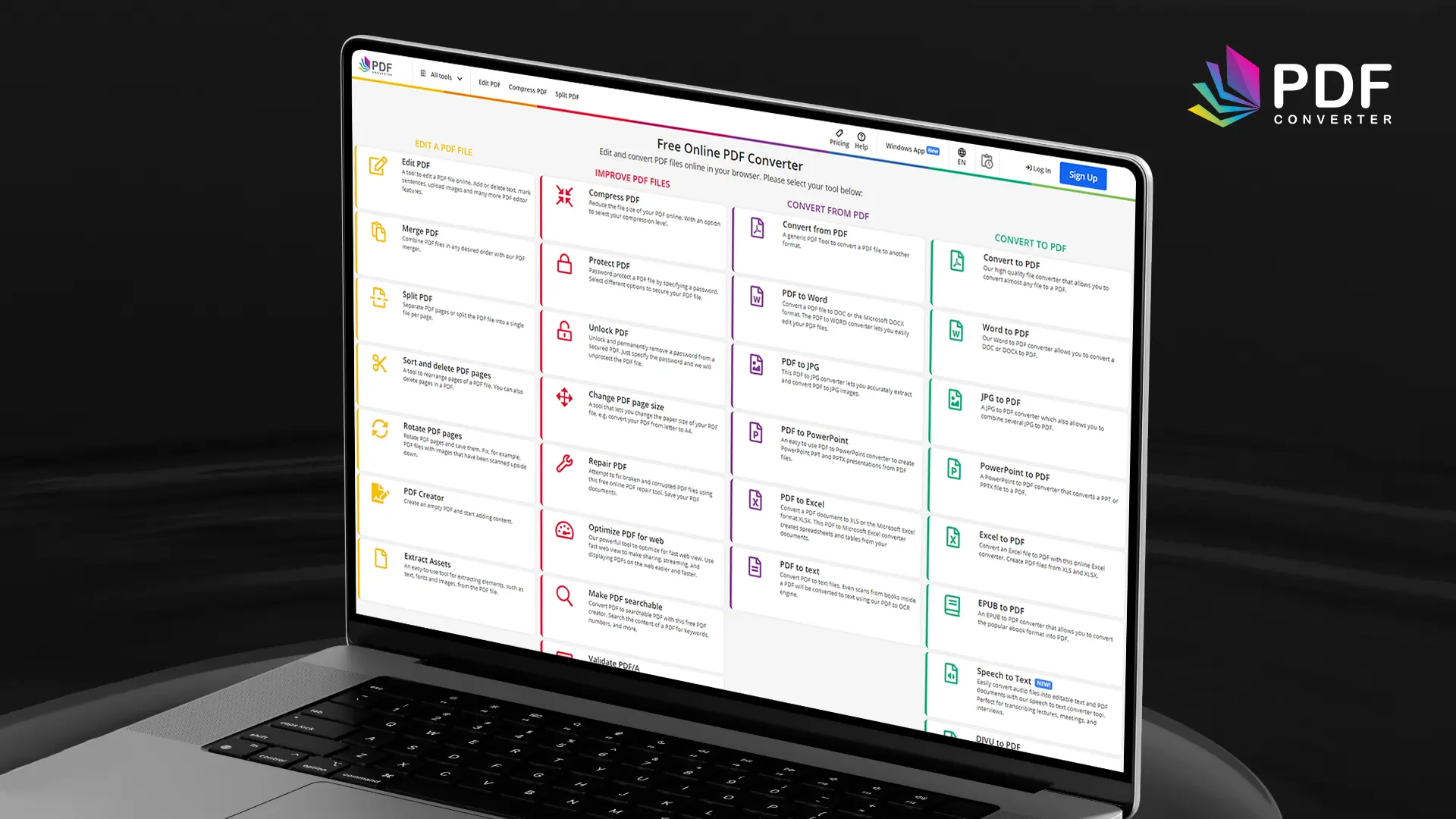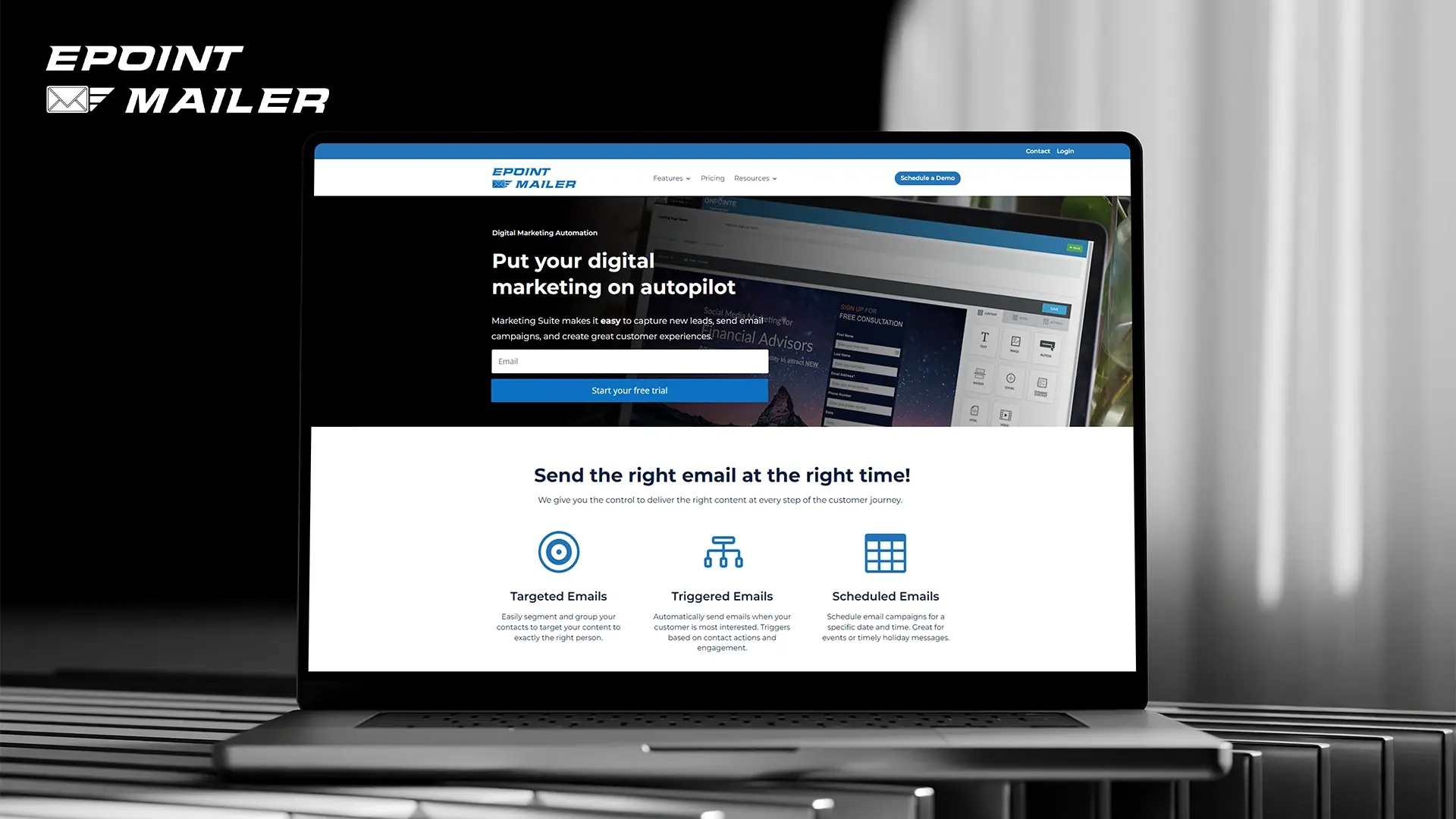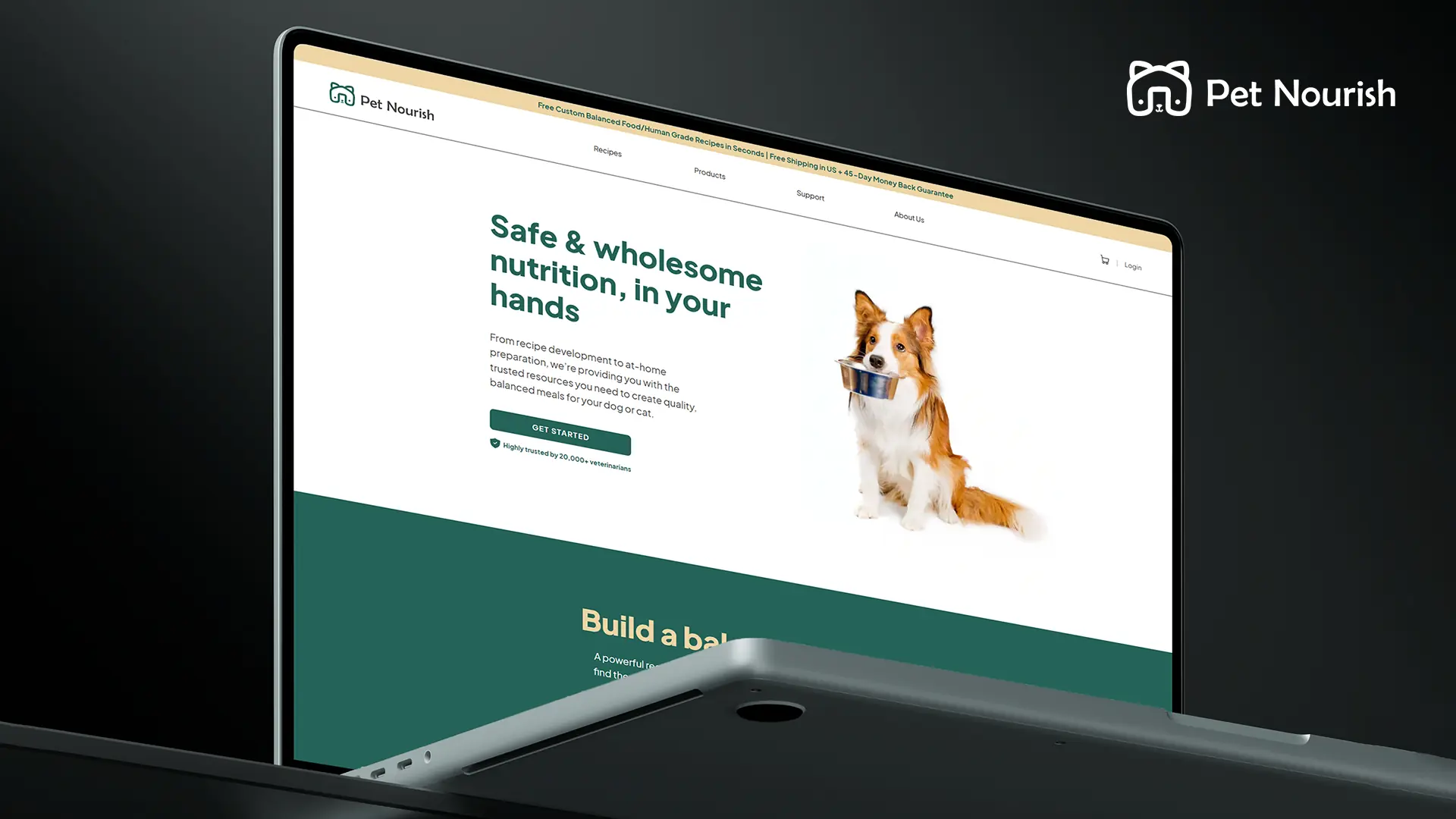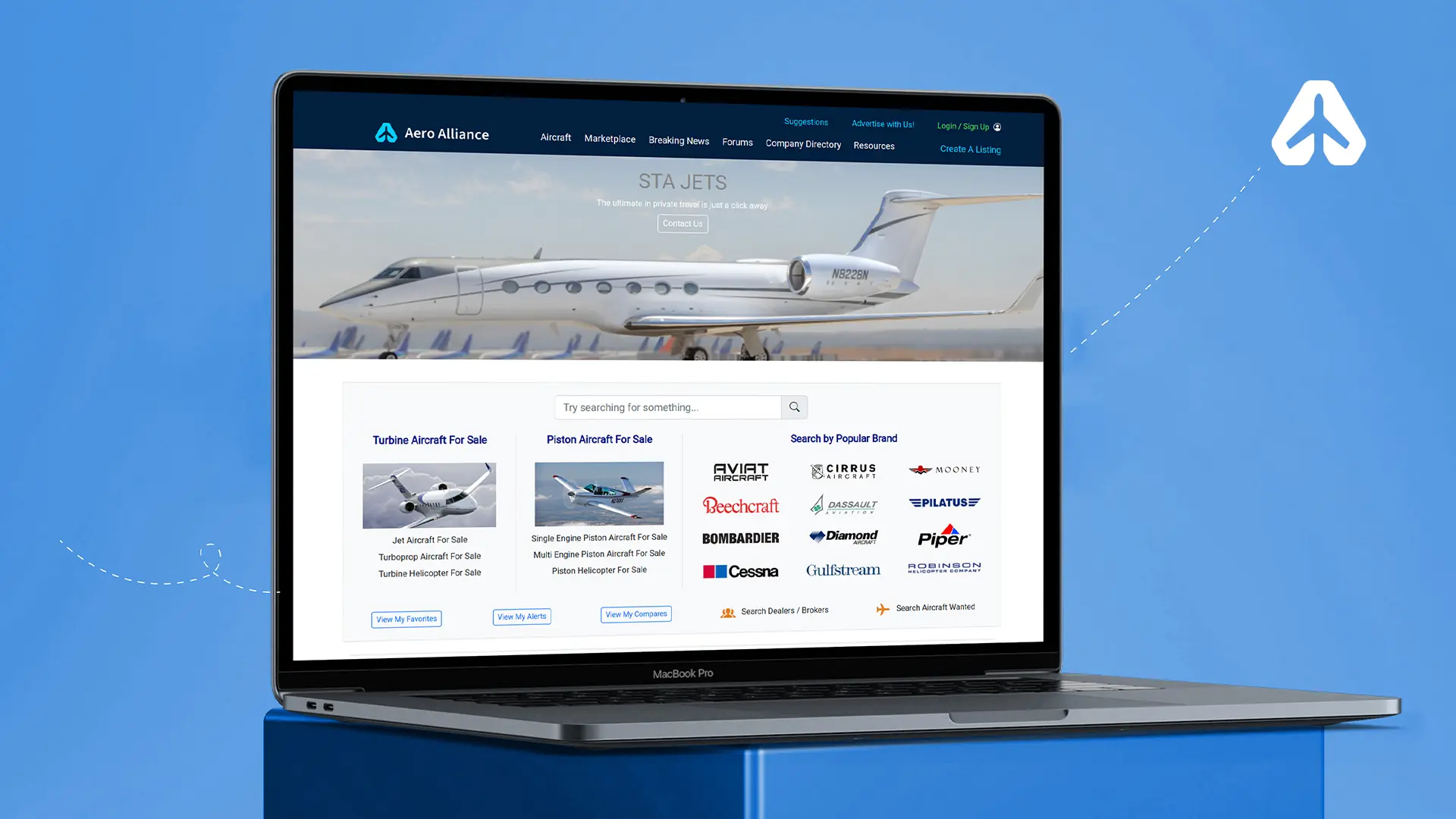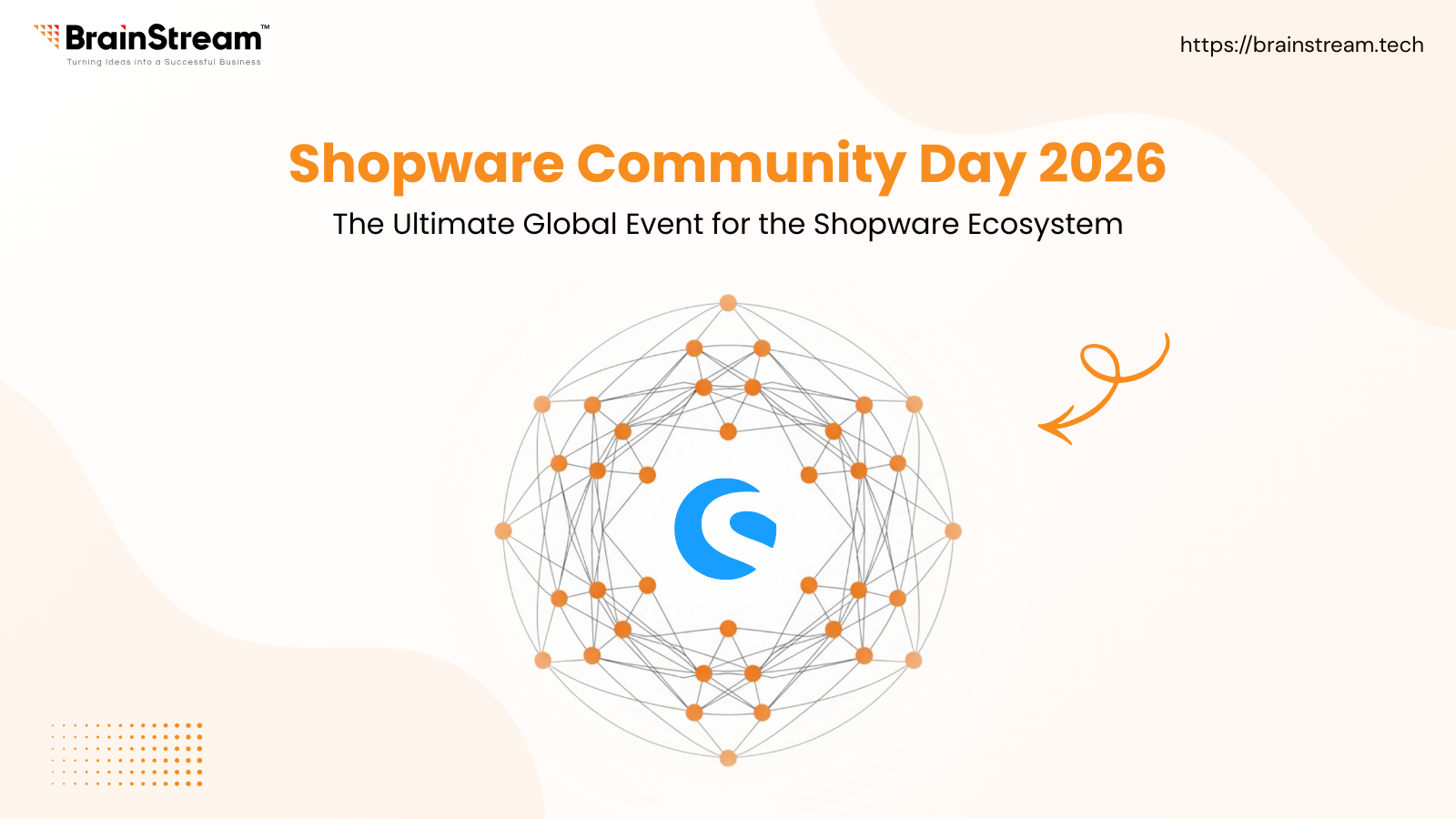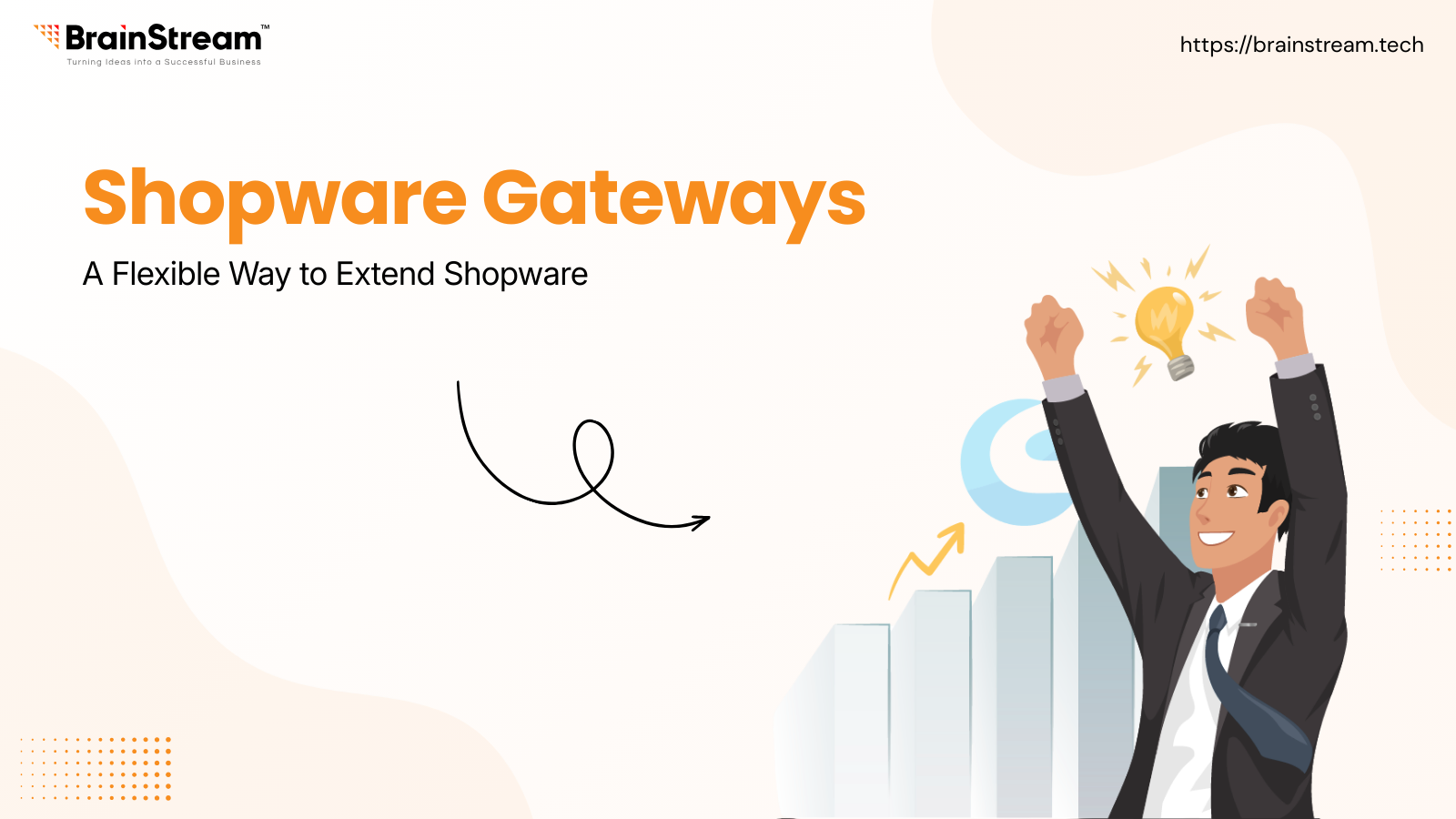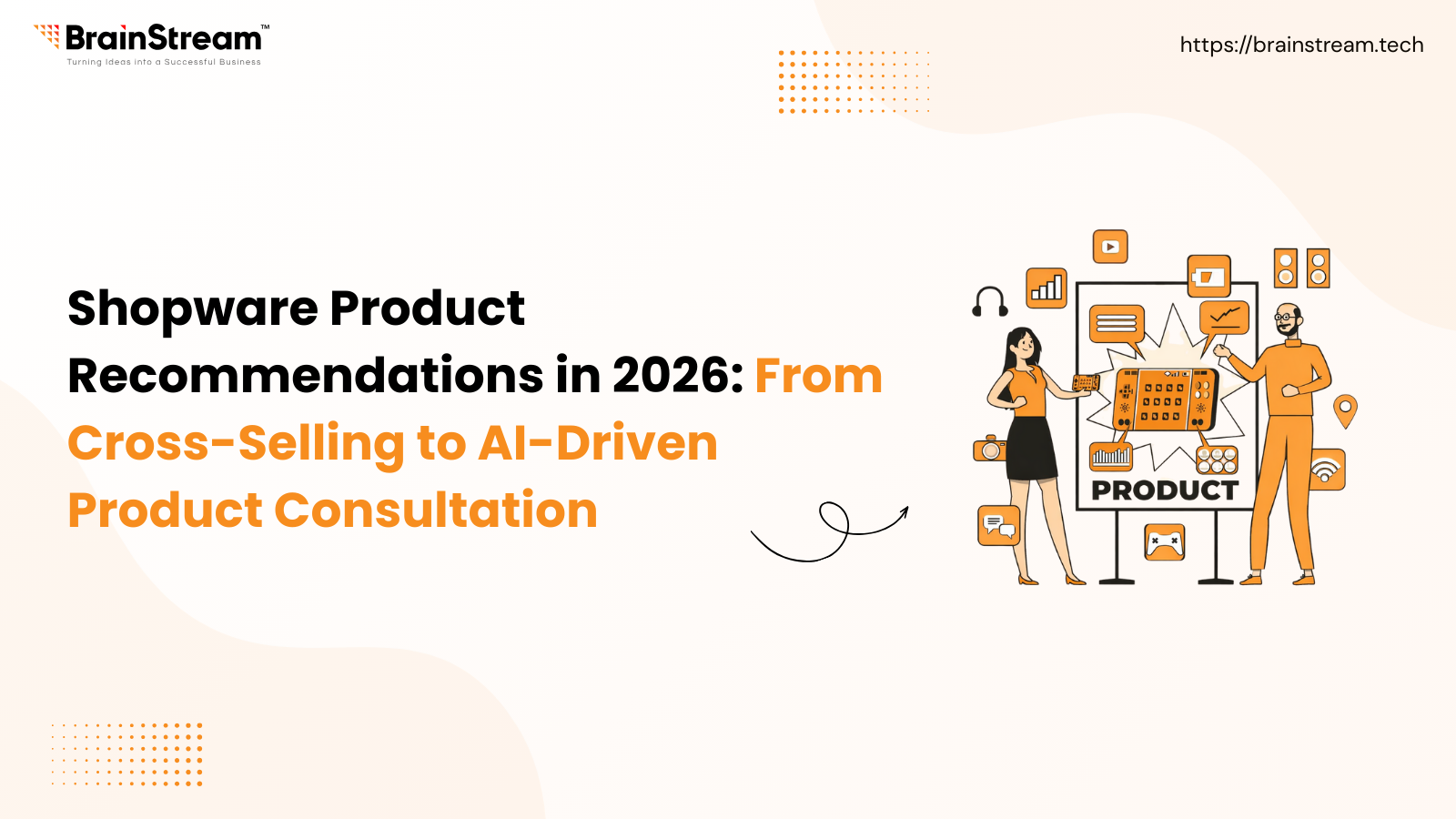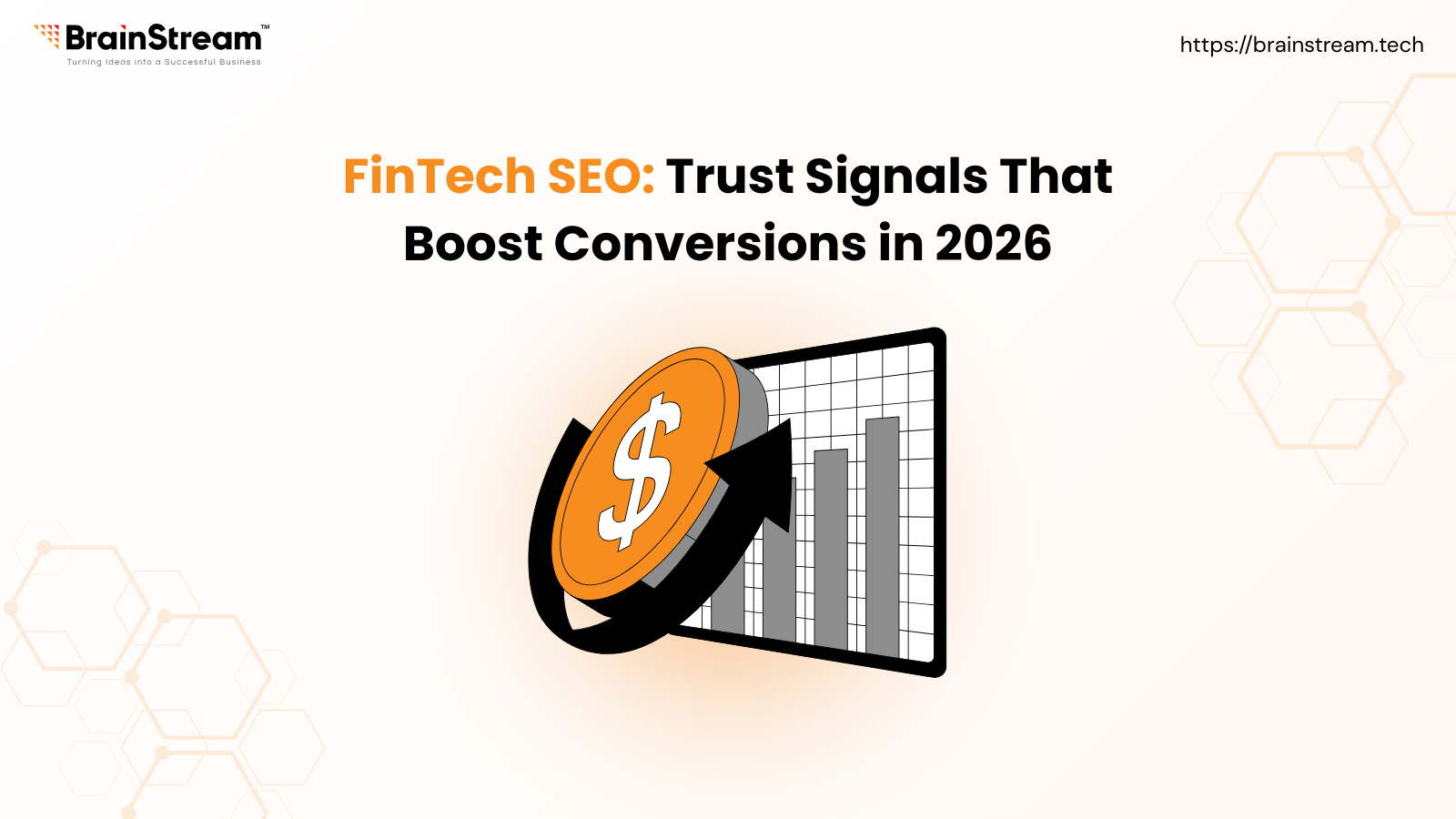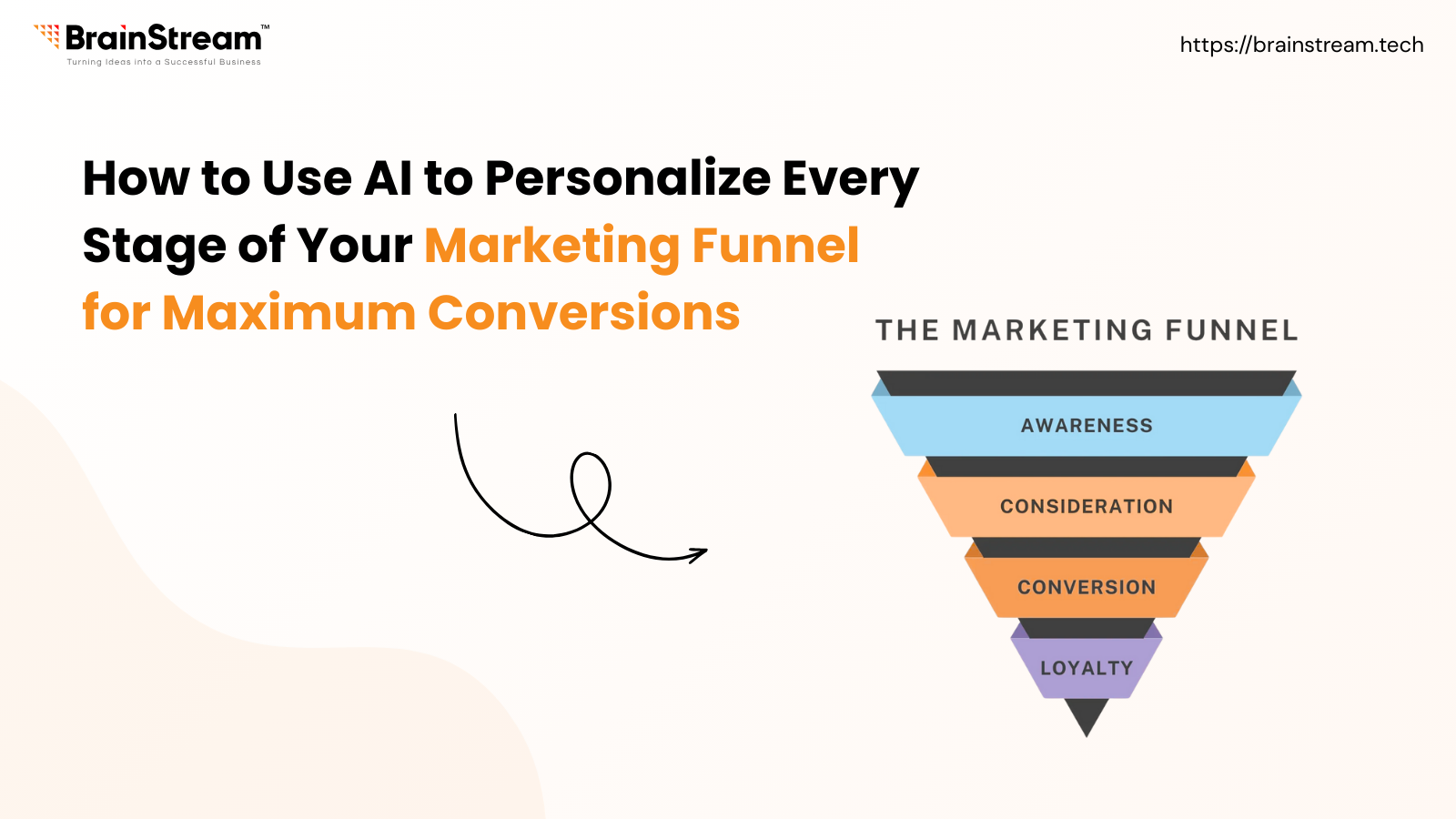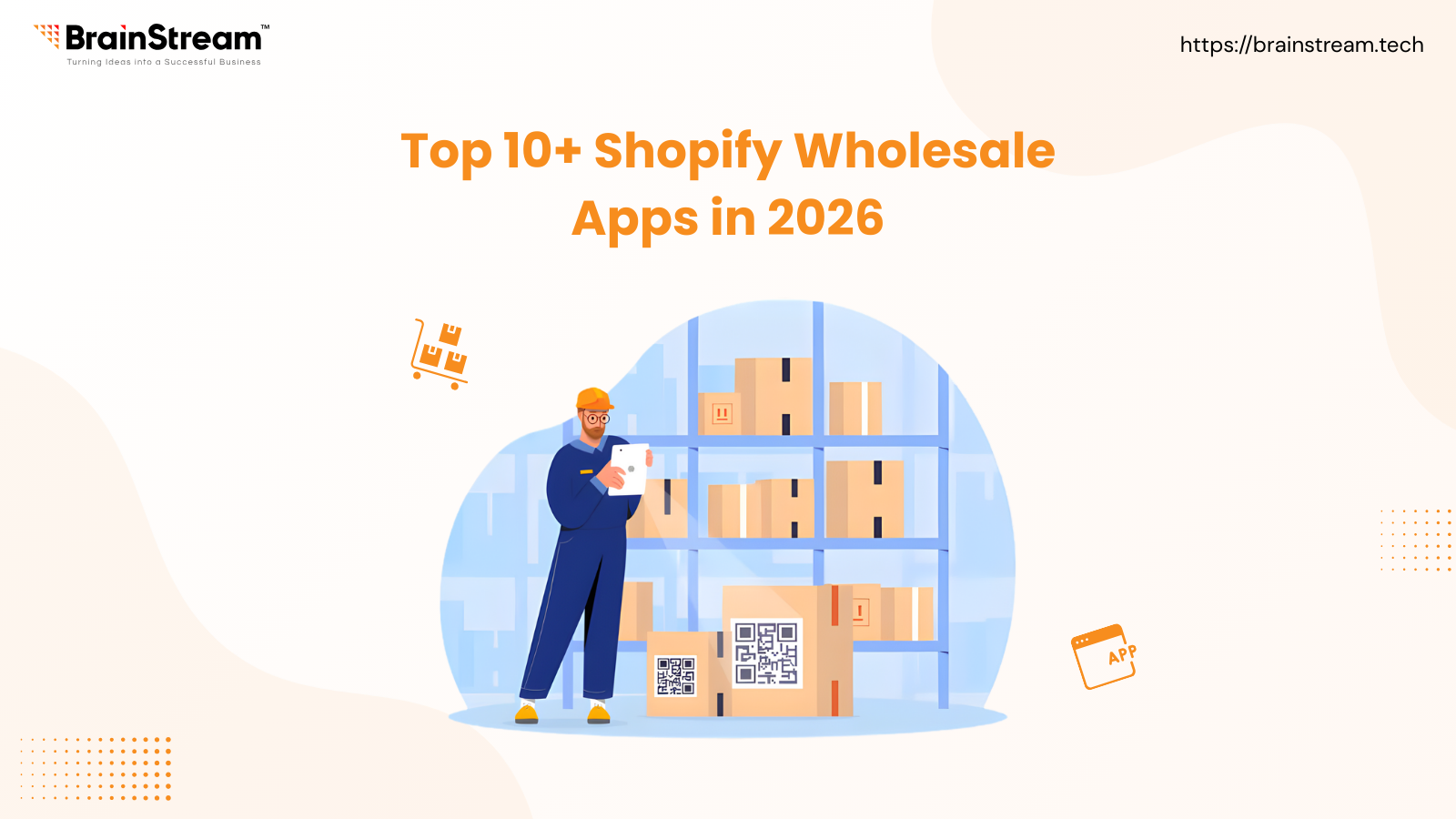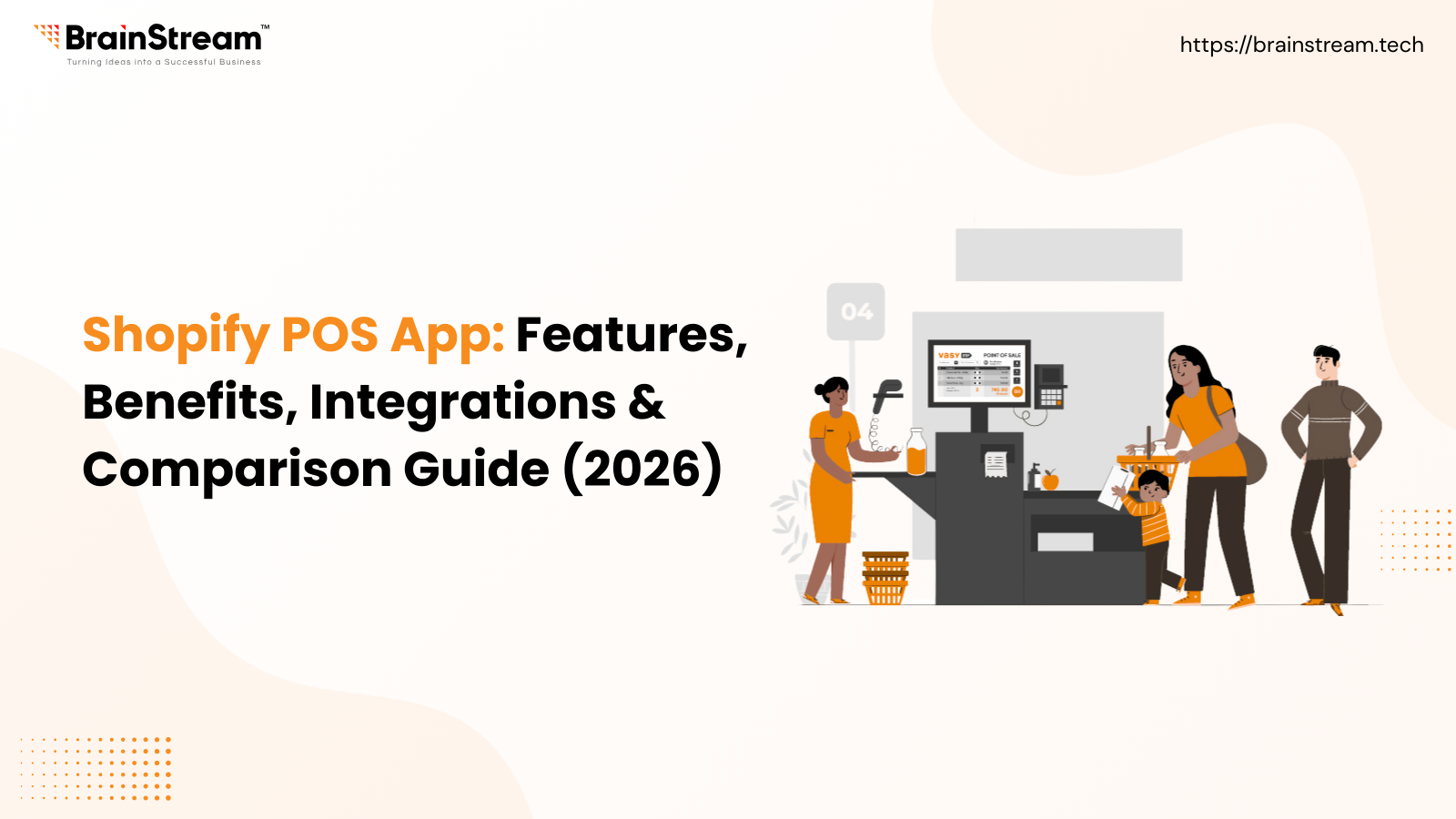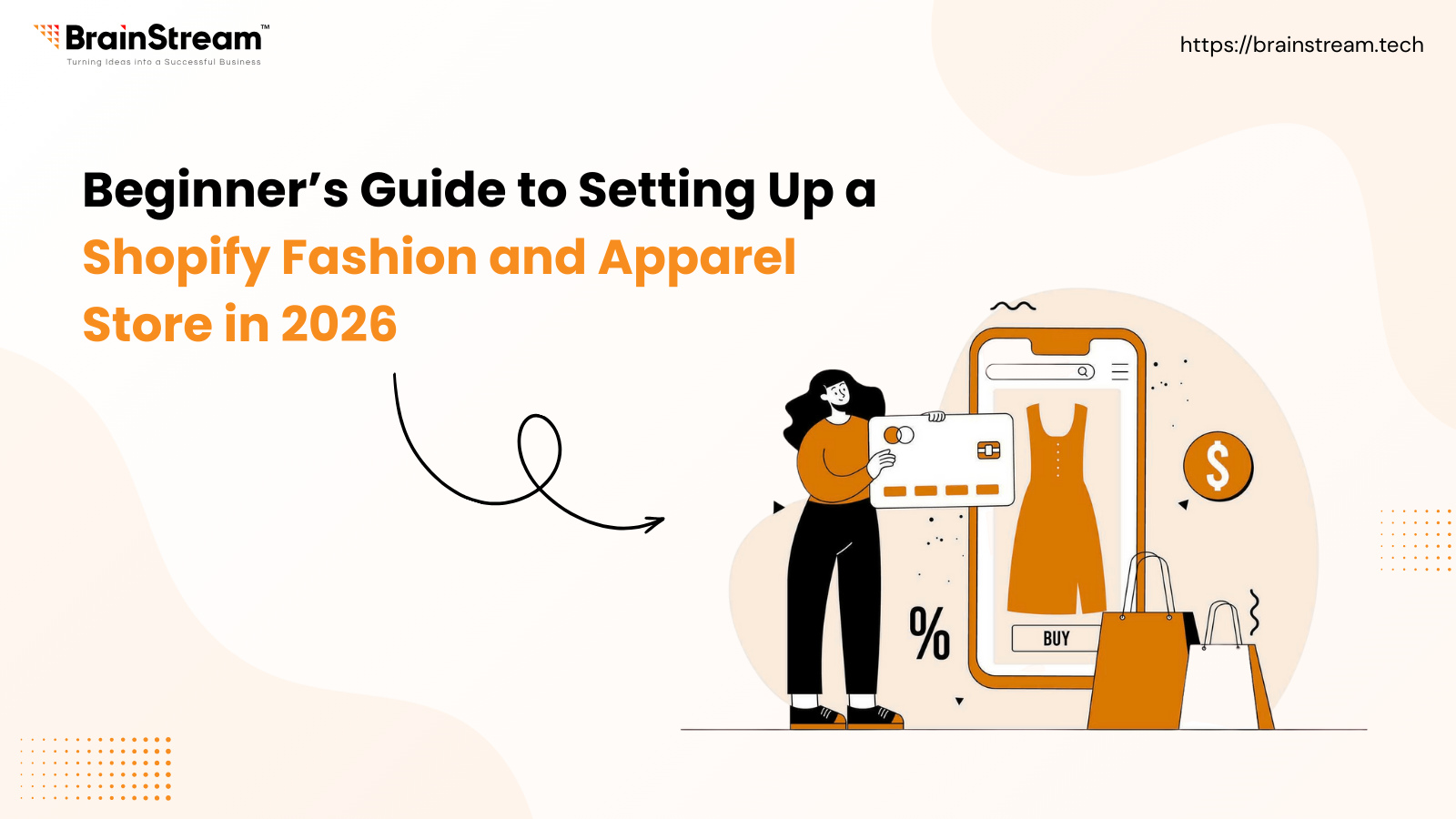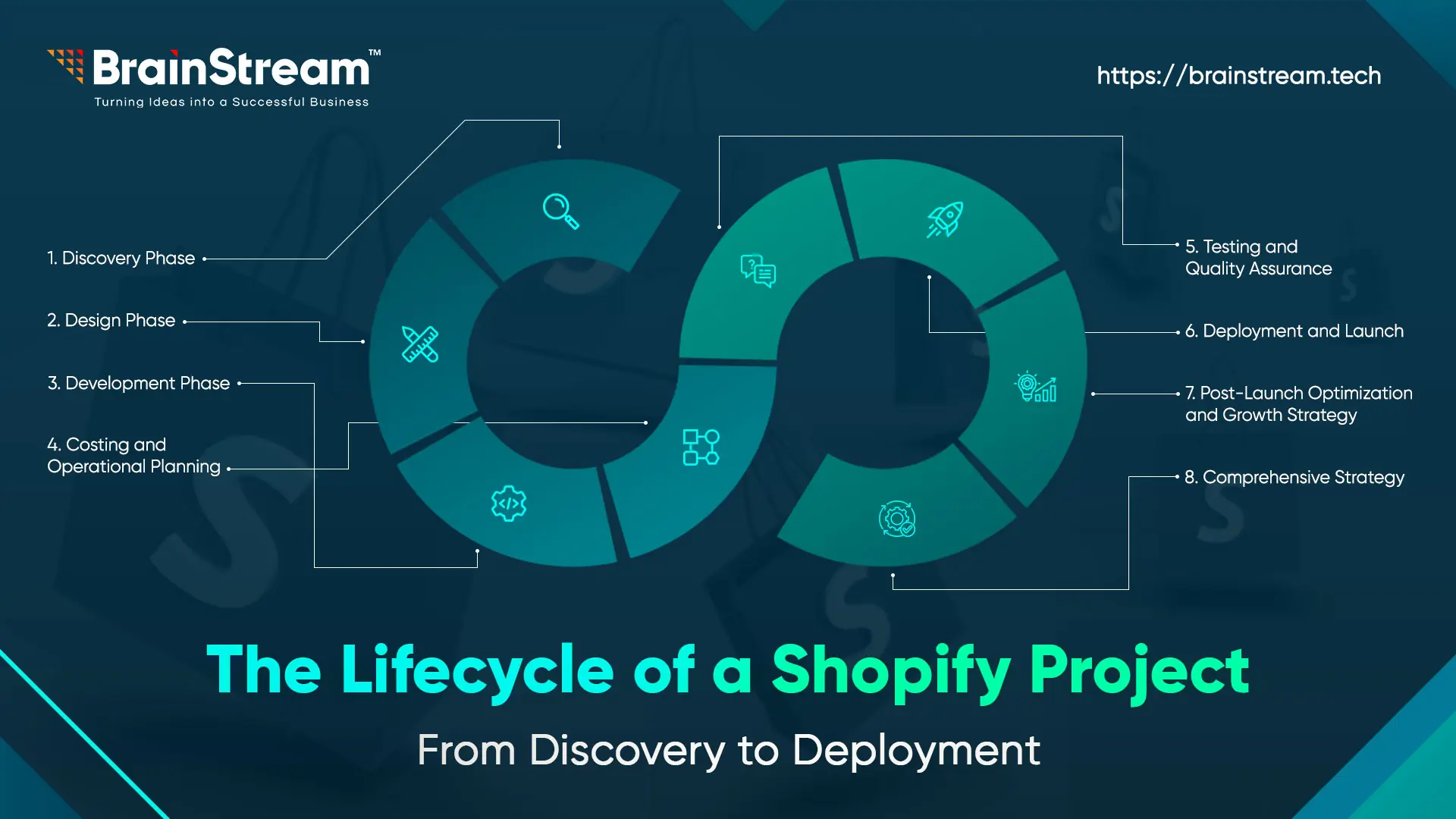
Summary:
Launching a successful Shopify store involves more than just design—it requires strategic planning across technical, financial, operational, and marketing fronts. This article breaks down the full lifecycle of a Shopify project, from discovery and planning to deployment and scaling, highlighting key business considerations like costs, logistics, and growth strategies.
May 29, 2025
Launching a successful Shopify store is not just about picking a theme and uploading products. It’s a structured process involving technical, financial, operational, and marketing decisions that affect performance and growth. This article outlines each critical stage of a Shopify project lifecycle — from initial discovery to final deployment — while considering real-world business factors like costing, logistics, and post-launch scaling.
1. Discovery Phase: Laying the Foundation
This is where vision meets planning. A comprehensive discovery phase ensures that the Shopify store is aligned with your business goals, market needs, and operational feasibility.
Key activities:
- <>Understanding business goals (e.g., B2C, B2B, D2C)
- Defining customer personas and purchase behaviour
- Selecting the right Shopify plan (Basic, Advanced, Plus)
- Identifying target markets (local, national, international)
- Planning for shipping, payment gateways, and taxes
- Competitor analysis and performance benchmarking
- Early roadmap for marketing and product scaling
Considerations:
- Will the store support physical products, digital downloads, subscriptions, or dropshipping?
- What is the expected average order value and break-even point?
- Which fulfilment and logistics strategy best fits the model?
At Brainstream, the depth of this phase directly impacts the success of every following phase.
2. Design Phase: User-Centered Experience

The design phase is about creating a user experience that is simple, trustworthy, and optimized for conversion. Good design solves real problems — it helps customers find products, understand benefits, and complete purchases without friction.
Key deliverables:
- Mobile-first responsive design
- Homepage and collection page layouts
- Navigation and filter UX
- Product page structure (images, descriptions, specs, reviews, FAQs)
- Conversion-focused features like sticky cart, buy-now buttons, and trust elements
- Branded visual elements for consistent identity
Questions to answer:
- Is the design scalable for 1000+ products?
- How will product variants and options be displayed?
- Do you need multilingual or multi-currency support?
Our design approach at Brainstream follows best practices while being tailored to industry-specific conversion patterns.
3. Development Phase: Building the Engine
This phase translates design and strategy into a functional store. Clean code, optimized structure, and reliable integrations ensure smooth operations and growth flexibility.
Key development activities:
- Custom theme development using Shopify Liquid
- Modular section-based layout for reusability
- Shopify meta fields set for advanced content
- SEO-friendly URL and structure setup
- Speed and performance optimization
- Schema markup for product and review data
Third-party integrations:
- Payment gateways (Stripe, Razorpay, PayPal, Shopify Payments)
- Logistics and shipping providers (Delhivery, Shiprocket, FedEx)
- Analytics and marketing tools (Google Analytics, Meta Pixel, Klaviyo)
- ERP, CRM, and email marketing software
- Chat support and WhatsApp integrations
Brainstream emphasizes code quality and long-term maintainability at this stage to reduce post-launch technical debt.
4. Costing and Operational Planning

Many Shopify projects fail not because of bad development but because of overlooked operational and financial planning.
Cost structure overview:
Fixed costs:
- Shopify subscription
- Theme purchase or customization cost
- App subscription fees
- Domain and SSL (usually included)
Variable costs:
- Payment gateway transaction fees
- Shipping and logistics cost per order
- Return handling and RTO rates
- COD handling fees
Product pricing strategy:
- Base margin calculation
- Discount and promotion logic
- Free shipping thresholds
- Bundle and upsell configuration
Other considerations:
- Packaging material cost
- Fulfillment model (in-house, dropshipping, 3PL)
- Refund policy and impact on net profit
A firm grasp of these numbers enables founders to forecast profitability, optimize pricing, and allocate marketing budgets effectively.
5. Testing and Quality Assurance
Before launch, thorough testing ensures your store works perfectly across browsers, devices, and user scenarios.
Testing checklist:
- Functionality testing of product filters, cart, checkout
- Mobile and desktop UI testing
- All payment method flows
- Promo code validation
- Out-of-stock product behavior
- Analytics and event tracking
- Order confirmation, shipping, and return email templates
This is a phase where Brainstream follows strict quality assurance practices, using real-world simulations and live payment gateway checks.
6. Deployment and Launch

Deployment isn’t just about going live — it’s a coordinated release involving infrastructure, marketing, and tech.
Launch preparation:
- DNS and domain setup
- Shopify plan upgrade
- Payment gateway live setup
- Shipping zones and tax configuration
- Final design and speed audits
- Enabling real-time order tracking and emails
Launch strategy:
- Soft launch to internal users
- Test orders with real payments
- Early marketing activation (ads, email, influencer outreach)
- Cart recovery flows
- Customer feedback loop
At Brainstream, we use a controlled launch model with tracking to monitor all funnel performance in the first seven days after launch.
7. Post-launch optimization and Growth Strategy
Once live, continuous optimization ensures sustained growth and improved ROI.
Technical improvements:
- Monitor speed, broken links, and SEO issues
- Monthly performance reviews
- CRO (conversion rate optimization) experiments
- Bug fixes and versioning
Marketing actions:
- Email flows (welcome, post-purchase, win back, abandonment)
- Retargeting ads
- UGC and review campaigns
- Loyalty and referral programs
- Influencer marketing integrations
- WhatsApp and push notification automation
Growth ideas:
- Launch new product collections
- Add subscription or membership models
- Launch international shipping
- Explore headless Shopify for better speed and UX
At Brainstream, we guide Shopify merchants on growth strategies beyond launch — including automation, performance marketing, and customer retention.
Conclusion
Shopify development is not just about building a site — it’s about launching a business. Every phase, from discovery to deployment, contributes to long-term success. Skipping any of them can lead to costly rework or missed opportunities.
At Brainstream Technolabs, we follow a structured lifecycle that combines technical expertise with real business logic. We ensure that every Shopify store we touch is optimized not just for launch but also for scale.
If you’re planning a new Shopify store or want to scale your current one, ask the right questions during the discovery phase. Everything else builds from there.
Related Blog
Shopify
Top 10+ Shopify Wholesale Apps in 2026
Ultimate Guide to the Best B2B & Wholesale Solutions for Your Shopify Store Wholesale functionality allows Shopify merchants to sell products in large quantities, offer tiered pricing, manage business customers, and streamline bulk order workflows, all without running a separate...
Shopify
Shopify POS App: Features, Benefits, Integrations & Comparison Guide (2026)
In today’s retail world, integrating in-store and online sales is a game-changer. Whether you’re running a brick-and-mortar store, a pop-up stand, or an omnichannel business, having a point-of-sale system that syncs seamlessly with your online store is essential. Shopify POS...
Shopify
Beginner’s Guide to Setting Up a Shopify Fashion and Apparel Store in 2026
If you’re a fashion business owner planning to take your brand online, choosing the right eCommerce platform is the foundation of your success. With multiple platforms available, deciding where to build your fashion store can feel overwhelming. However, Shopify continues...

Keep up-to-date with our newsletter.
Sign up for our newsletter to receive weekly updates and news directly to your inbox.
